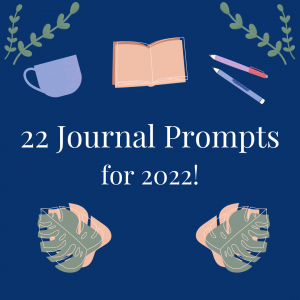
Transitioning into a new year, we often engage in self reflection and strive for personal growth as we set resolutions. AMAZEworks hopes to help cultivate this reflection through this list of 22 journal prompts to guide you through reflections on identity for 2022. We encourage you to engage in these questions on your own and also share with family, students, friends, and community members.
On identity development

On identity perception
On identity difference
On family, culture, and traditions
And more